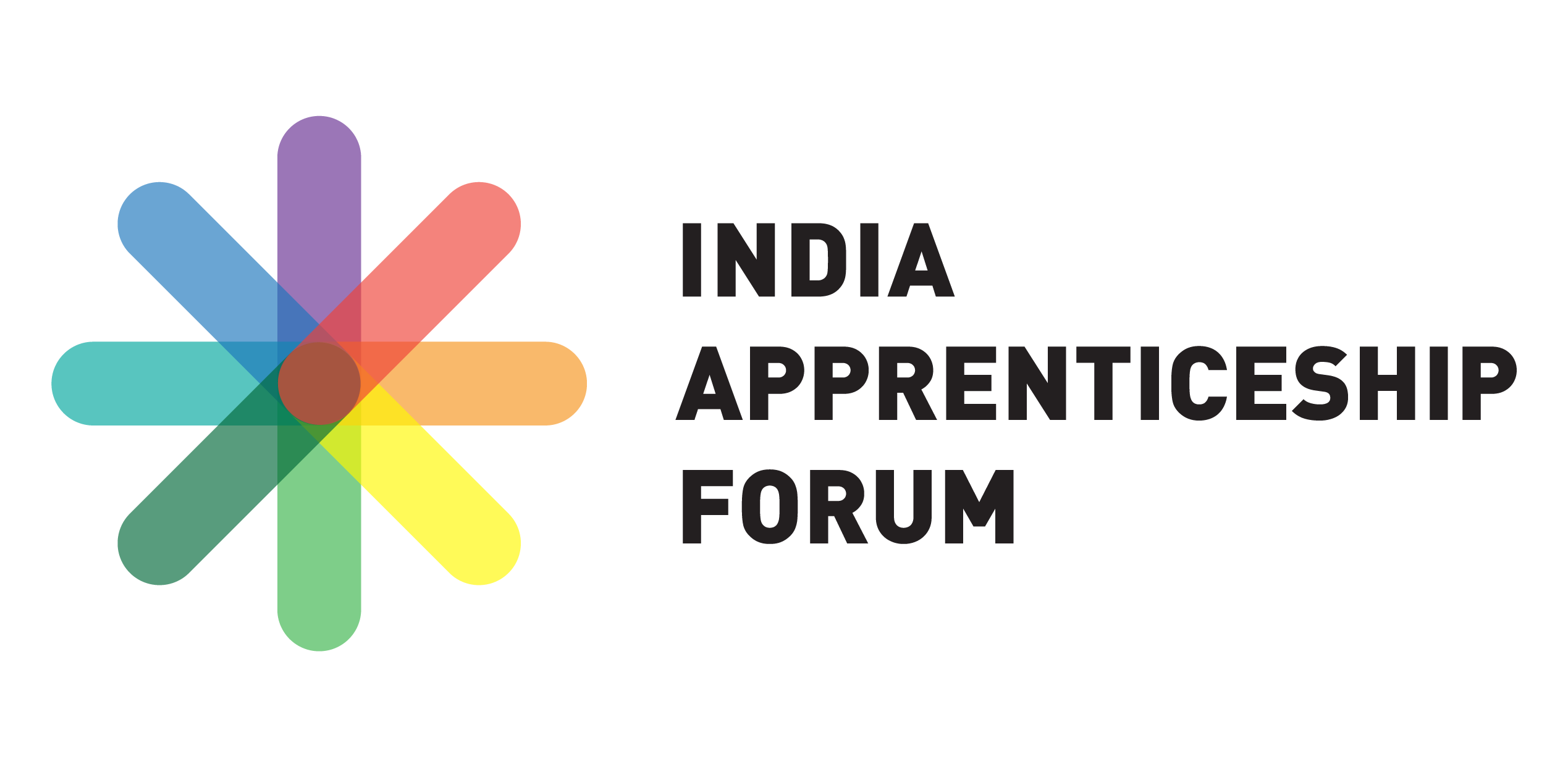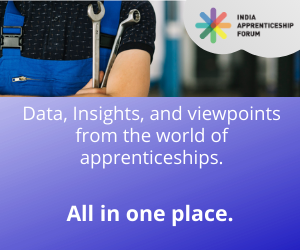Skills-based-people-strategy for bridging education and industry divide
Not only students, but corporates as well as educational institutions are worried about growing challenges of the education-industry divide. These challenges arise due to the global trends constantly evolving and the extreme digitization adopted in education and workplaces as a result of the global pandemic. The All India Council for Technical Education or the AICTE claims that 60% of engineering graduates remain unemployed and 40% of employers find difficulty in employing the right talent. They have also estimated that by 2030, India’s skill deficit will amount to 29 million. These astounding numbers will adversely affect local companies that are going global, startups, and policies that favor businesses. Read more.
Also Read: E-waste sculpture of 30ft made by ITI Berhampur trainees
Beggars to receive skill-development training to make New Delhi begging-free
With the objective of making the city of New Delhi Begging-free, the Department of Social Welfare, in collaboration with a leading local NGO – Aashray Adhikar Abhiyan (AAA), has launched the ‘Integrated Program for the Rehabilitation of Beggars in Delhi’, being headed by Rajendra Pal Gautam. With this program, beggars will be trained with professional skills so that they are able to secure employment and be reintegrated into society. The AAA provides training in trades like mobile repairing, wall painting, catering, gardening, carpentry, etc., and in soft skills to better their communication. The training under this program will take place in batches and each batch will have a three-months training period. Read more.
Rabindranath Tagore University launches skill-based vocational courses
The Rabindranath Tagore University or the RNTU has begun inviting applications for its new programmes which have various flagship vocations courses integrated in their Bachelor’s, Master’s, PhD, PG Diploma, Advanced Diploma, Diploma and Certificate programmes. These new programmes are skill-based and are catered to the requirements of the New Education Policy or the NEP, work-integrated, and industry-oriented which cover sectors such as the automobiles, IT/ITeS, tourism and hospitality, banking, electronics, healthcare, financial services, and insurance. The aim of integrating these programmes into vocational courses is to meet the talent requirements of industries through a curriculum that is holistic, flexible, and well-groomed. These courses will also upgrade the existing workforce through degrees that are recognized for particular vocational skills. Read more.













